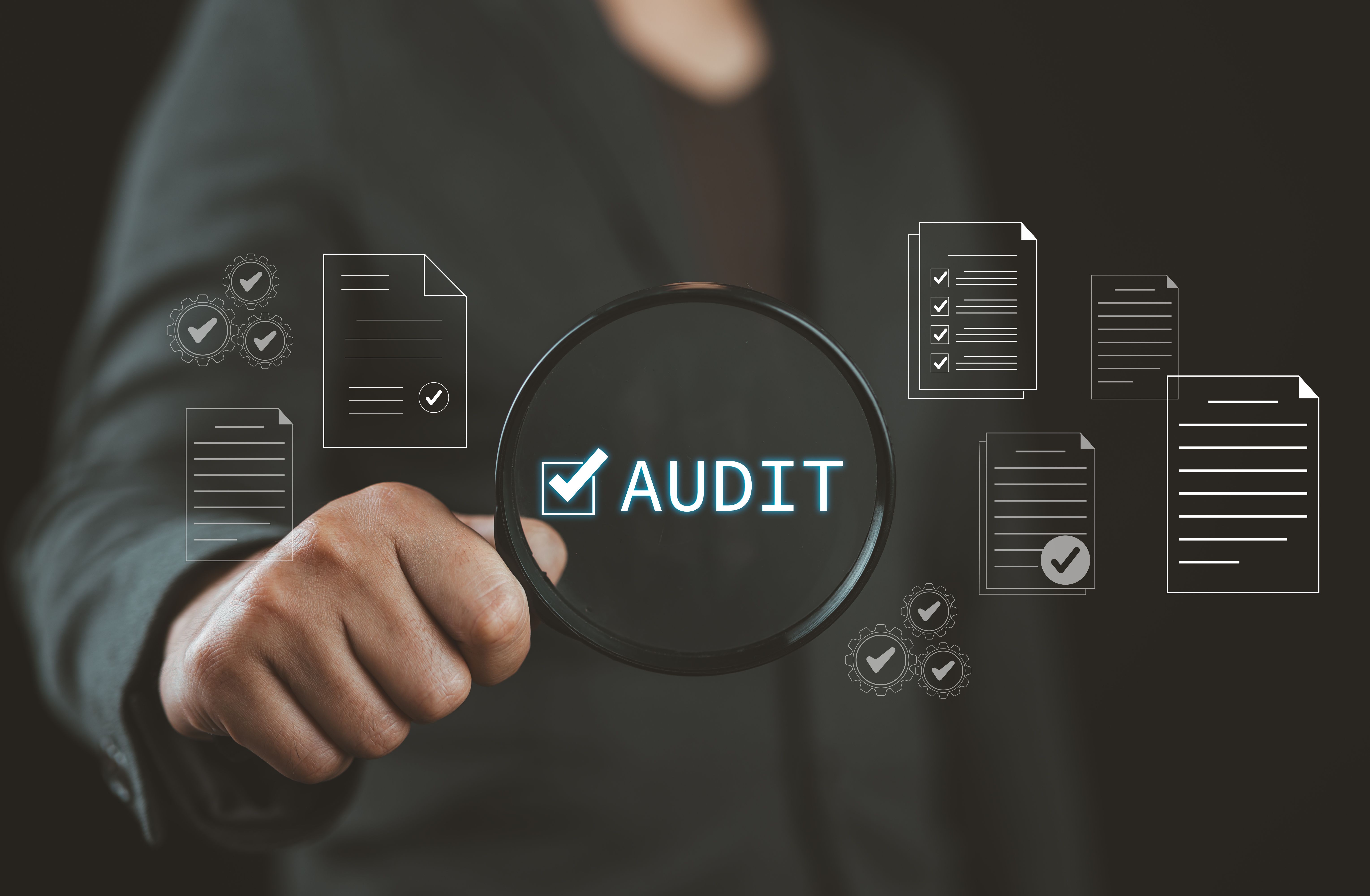Preparing for a Successful 4th Quarter Audit Remediation
Understanding the Importance of Audit Remediation
As the end of the fiscal year approaches, businesses gear up for the crucial process of audit remediation. This is a vital step that ensures any discrepancies identified during an audit are addressed and rectified. A successful fourth-quarter audit remediation can pave the way for a smoother financial year ahead, highlighting the importance of thorough preparation.
Audit remediation is not just about fixing errors; it’s about enhancing your organization's financial health. By addressing issues proactively, companies can streamline operations, improve compliance, and build trust with stakeholders. Therefore, understanding the significance of this process is crucial for any business aiming for long-term success.

Steps to Prepare for Audit Remediation
Review Previous Audit Findings
To kick off a successful audit remediation process, it is essential to review the findings from previous audits. This retrospective analysis can provide insights into recurrent issues, helping you prioritize areas that need immediate attention. Make a list of all past discrepancies and assess their current status to ensure no stone is left unturned.
Assemble a Competent Team
The next step is to assemble a team of skilled professionals who understand the intricacies of your business operations. This team should include members from finance, compliance, and operations departments. Their combined expertise will be critical in addressing diverse issues that might surface during the remediation process.

Implementing Effective Solutions
Develop Actionable Plans
Once your team is in place, work together to develop actionable plans to address each identified issue. These plans should be specific, measurable, achievable, relevant, and time-bound (SMART). Having clear objectives will guide your team and provide a benchmark for measuring progress.
Leverage Technology and Tools
Utilizing technology can greatly enhance the efficiency of your audit remediation efforts. From software that automates data collection to tools that facilitate real-time reporting, there are numerous resources available to streamline the process. Embracing technology not only speeds up remediation but also reduces the margin for error.

Monitoring Progress and Continuous Improvement
Track Progress Regularly
Regularly tracking the progress of your remediation efforts is essential to ensure that you are on the right path. Establish checkpoints and review meetings to assess how your plans are unfolding. This approach allows for timely adjustments and keeps everyone accountable for their roles in the process.
Focus on Continuous Improvement
The end of the fourth-quarter audit remediation should not signify the end of efforts to improve. Instead, it should serve as a starting point for continuous improvement. Encourage your team to identify areas for ongoing enhancement and promote a culture of learning and growth within your organization.
By adopting these strategies, businesses can transform their audit remediation process into a catalyst for positive change. With careful planning and execution, companies can not only meet compliance requirements but also drive operational excellence.